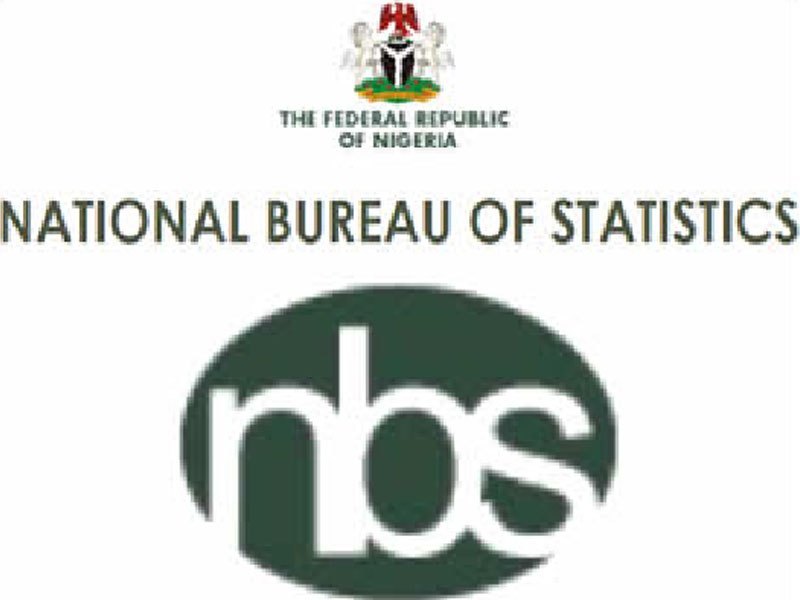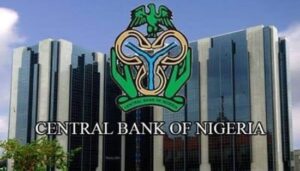
About 30 states of the federation has been described as insolvent as Nigeria’s total debt burden rose to N26.14 trillion as at the end of September 2019 from N25.70 trillion in March 2019, according to the latest statistics released by the National Bureau of Statistics (NBS).
Nigeria’s debt stock category for the third quarter of 2019 shows that the country’s total external debt is estimated at N8.27 trillion, constituting 31.55% of total debt for the Federal Government, States, and the FCT. The total domestic debt rose to N17.94 trillion or 68.45% of total debt stock within the quarter.
The Federal Government’s domestic debt was put at N13.9 trillion, constituting FGN Bonds, FGN Savings Bonds, FGN Sukuk, Green Bond, Promissory Notes, Nigerian Treasury Bills and Bonds.
All the 36 states accrued domestic debt of N4.04 trillion as of the end of September.
A further look into the breakdown of debts accruable to states in Nigeria disclosed that states’ debt profile increased marginally by 1.9% within the last quarter.
Specifically, as of March 2019, total debt accruable to states was estimated at N3.97 trillion, while the figure rose to N4.04 trillion in September 2019.
Analysis of the data shows that Lagos State posted the highest debt stock as of September 2019 with 10% or N441.1 billion, though the state saw a reduction in its debt stock from the previous N479 billion.
Other states that make up the top 10 highest indebted states in Nigeria include: Rivers – N266.9 billion, Akwa Ibom – 237.4 billion, Delta – N230.5 billion, Cross River – N167.9 billion, Imo – N148.9 billion, Osun – N141.7 billion, Ogun– N140.9 billion, FCT – N137.8 billion and Bayelsa – N127.2 billion.
Recall that the Federal Government dished out bailout funds to assist almost 30 states in the past year to pay up workers’ salaries.
While the Federal Government has indicated that it would no longer provide bail-out funds to state governments, the organized Labour Union is bent on the implementation of the new N30, 000 minimum wage by states whose revenue sources have plunged over time with rising debt.
Concerns about Nigeria’s rising Debt: In recent months, Nigeria’s debt has gained wide criticisms both within the domestic and international spheres.
The African Development Bank (AfDB) recently disclosed that Nigeria spends more than 50% of its revenue on debt servicing.
The World Bank has claimed Nigeria’s debt is not sustainable.
With Nigeria’s rising debt getting close to the N30 trillion mark, there are calls for fresh concerns in the country.
You may be interested

PSG To Reignite Interest In Osimhen
Webby - December 21, 2024Paris Saint-Germain have contacted Napoli to discuss signing Victor Osimhen in January, according to reports in France.It is reported that…

Arteta Provides Injury Updates On Five Arsenal Players Ahead Palace Clash
Webby - December 20, 2024Arsenal manager Mikel Arteta has revealed that Declan Rice and Riccardo Calafiori are both available to be in the Gunners…

Carabao Cup: Spurs Edge Man United In Seven-Goal Thriller To Reach Semi-finals
Webby - December 19, 2024Tottenham Hotspur edged Manchester United 4-3 in the quarter-finals of the Carabao Cup on Thursday.Spurs raced to a 3-0 lead…




















![American Pastor, David Wilson Seen Eating The Box Of Woman Who Isn’t His Wife [Video]](https://onlinenigeria.com/wp-content/uploads/2019/10/american-pastor-david-wilson-seen-eating-the-box-of-woman-who-isnt-his-wife-video-150x150.jpg)









